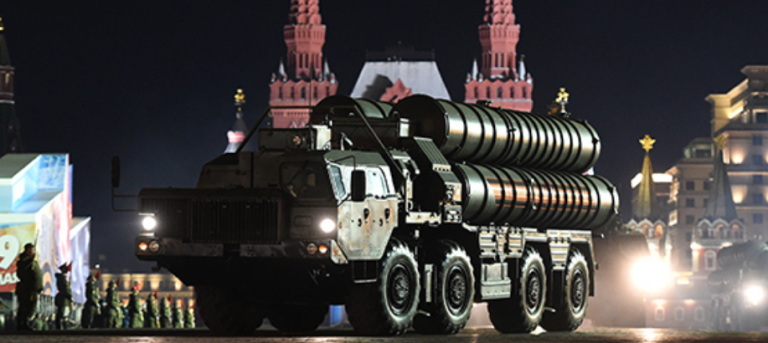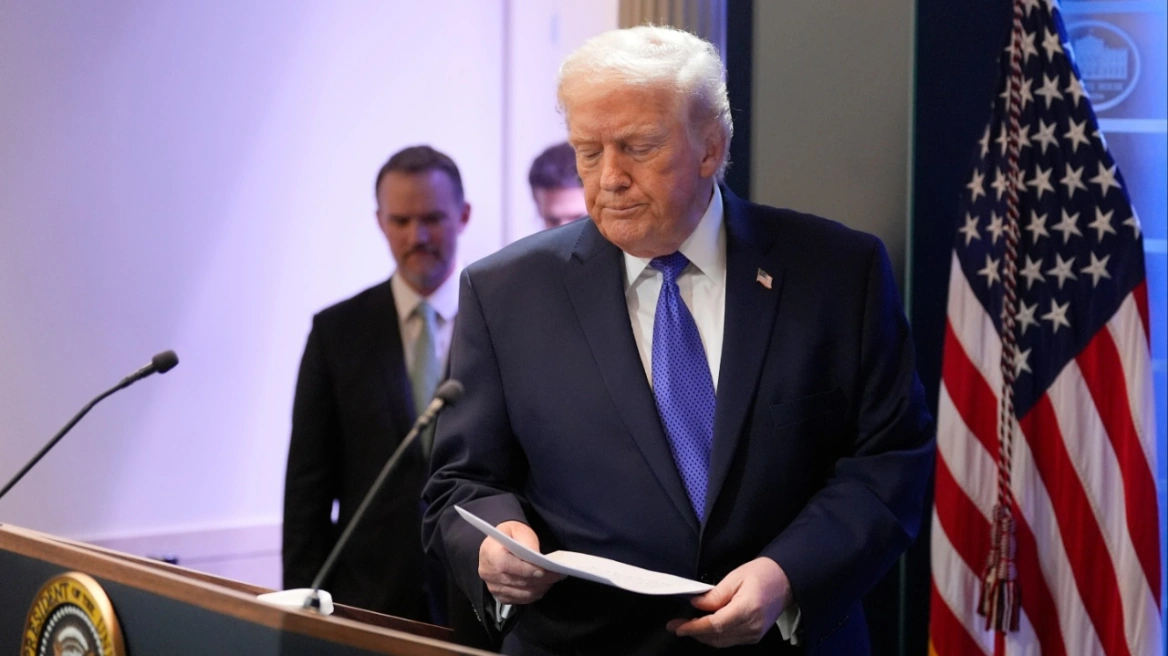The controversy surrounding Turkey’s purchase of the Russian S-400 missile defense system has been brewing for months and may soon be coming to a head. The strategic and technical aspects of the move, as well as its wider regional geopolitical context, have been amply documented. But what would the longer-term military and political implications be of a deployment of Russian S-400s?
Turkey has used two arguments to justify buying a missile system from Russia rather than the United States: First, it says that Washington has been unwilling to transfer technology to Turkey—though Moscow has denied that its sale of S-400s would include a transfer of technology. And second, Turkey does not want its military procurement to be tied exclusively to its Western partners.
Then there is the question of the F-35 stealth fighter, which the United States is supposed to supply to Turkey. For the Americans as well as the many other NATO countries that have ordered the aircraft, maintaining the integrity of the F-35 is vital since it will be their standard aircraft for decades. Therefore, any access by Russia to its electronic “signature” on S-400 radars is simply a no-go. Turkish counterarguments that Turkey would operate the S-400 system without Russian technical assistance (though Moscow has confirmed the system would come with Russian personnel), or would use them independently of its air defense architecture, are unconvincing.
Several commentators have speculated that Turkey could cancel the S-400 deal after the country’s March 31 municipal elections. However, that would mean Ankara’s heavily damaging its budding relationship with Moscow. Conversely, if the S-400 system is delivered and activated, sanctions could be imposed by Washington—from delaying deliveries of the F-35 to excluding Turkey from its production chain. Beyond these uncertainties, a deployment would entail deep military and political repercussions.
Read more HERE
Ask me anything
Explore related questions





